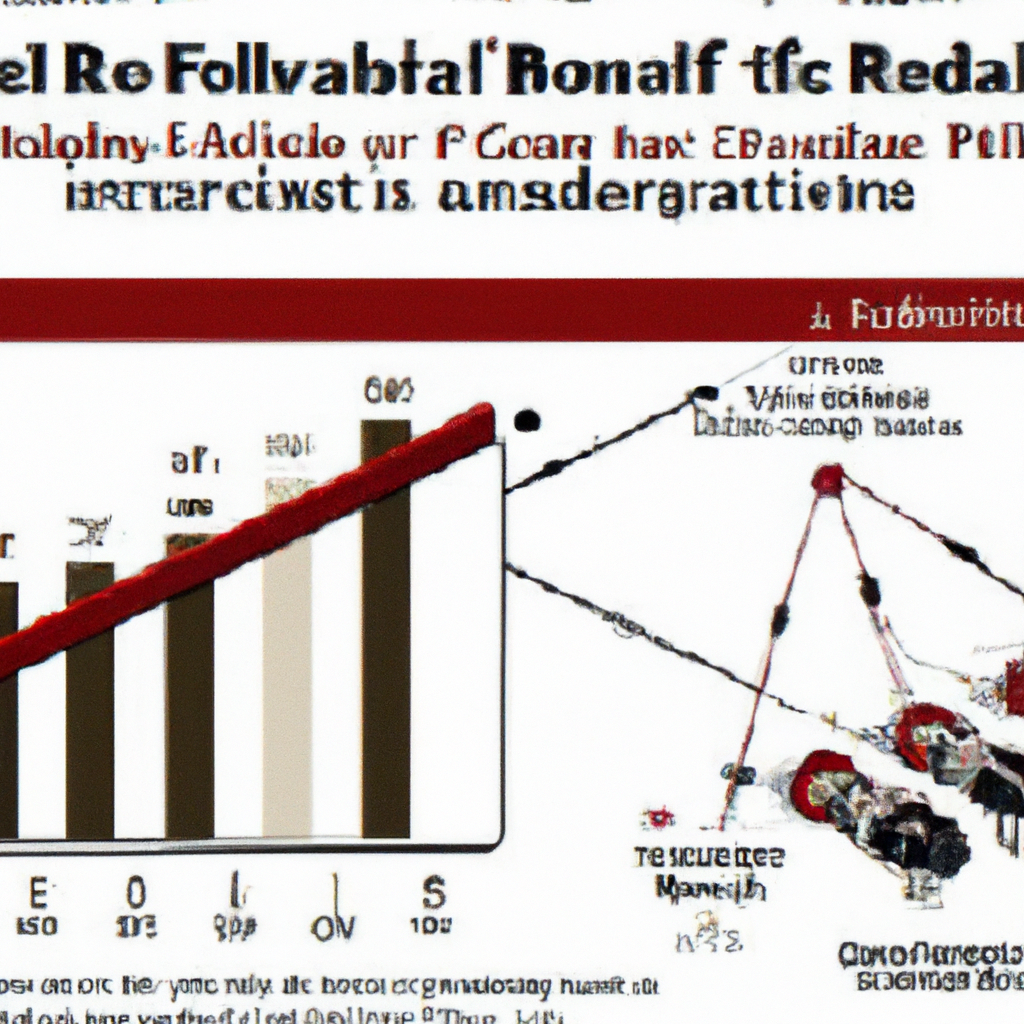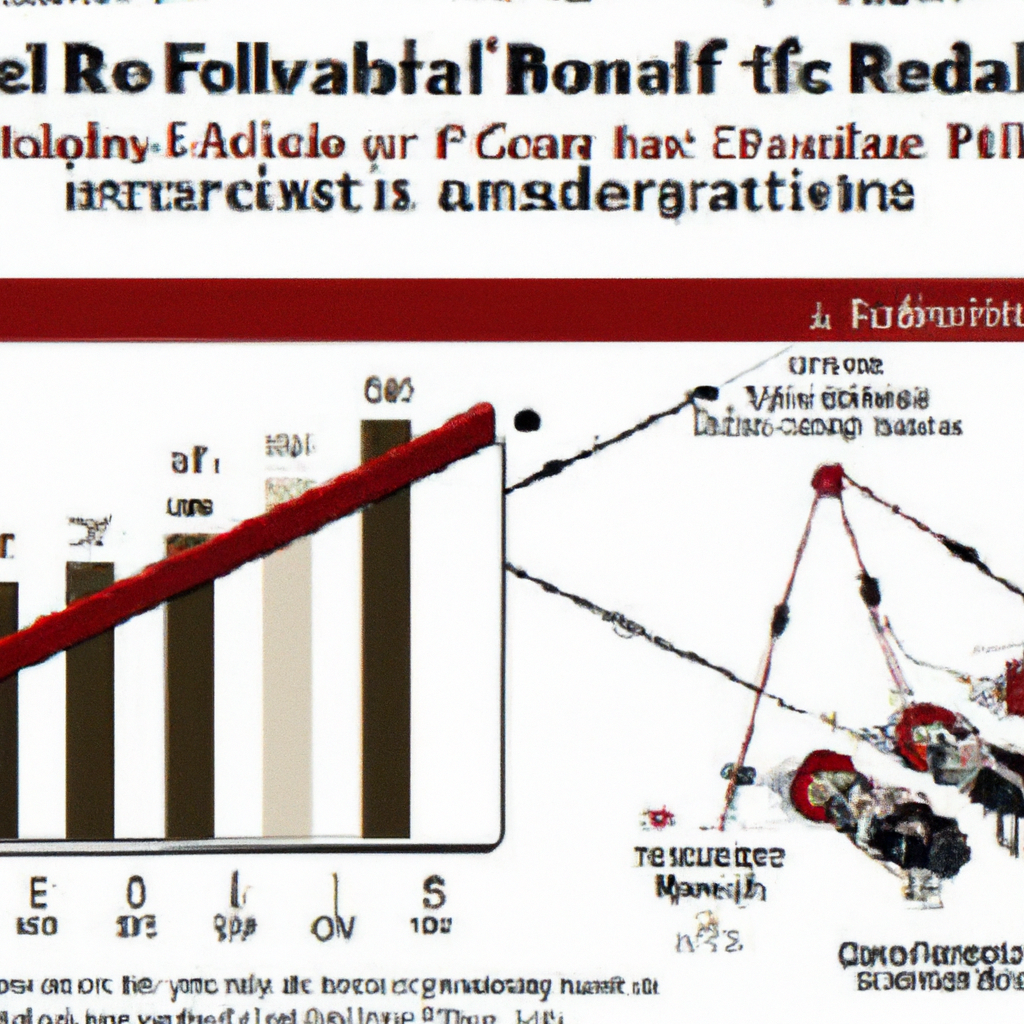Have you ever wondered how BB guns stack up against traditional firearms? It’s a question that often sparks curiosity and debate among enthusiasts and newcomers alike. While both BB guns and traditional firearms share the common goal of propelling a projectile, their differences become apparent when examining factors such as power, accuracy, and purpose. In this article, we’ll take a closer look at these two types of firearms and explore their unique characteristics, giving you a clearer understanding of how they compare in various aspects.

Power
BB guns are powered by compressed air or CO2 cartridges, which propel the BBs at a much lower velocity compared to traditional firearms. The power of a BB gun can vary depending on the specific model and type of ammunition used. Traditional firearms, on the other hand, use various forms of propellants such as gunpowder, which generate significantly more power. This difference in power translates to variations in the impact and effectiveness of BB guns compared to traditional firearms when it comes to velocity, projectiles, and overall performance.
Velocity
BB guns generally have lower muzzle velocities compared to traditional firearms. The velocity at which BBs are propelled is typically measured in feet per second (fps). While some BB guns can achieve velocities of up to 600 fps, this is considerably lower than the velocities produced by traditional firearms, which can reach several thousand feet per second. The lower velocity of BB guns is a crucial factor to consider when choosing an appropriate weapon for your intended use.
Projectiles
BB guns use small round projectiles called BBs, which are typically made of steel or plastic. These BBs are lightweight and have limited penetration capabilities. In contrast, traditional firearms use a variety of bullets designed for different purposes, including self-defense, hunting, and target shooting. Bullets are significantly heavier, with varying shapes and compositions, allowing for greater penetration and impact on the target. The choice of projectiles plays a crucial role in determining the effectiveness of both BB guns and traditional firearms for different purposes.
Intended Use
The intended use of a firearm or BB gun is a vital factor to consider when deciding which type of weapon to choose. Both BB guns and traditional firearms can serve different purposes, including recreational shooting, hunting, and self-defense. Understanding how these weapons compare in terms of their suitability for each intended use is essential for making an informed decision.
Recreational Shooting
BB guns are widely popular for recreational shooting due to their affordability, ease of use, and relative safety compared to traditional firearms. The lower power and velocity of BB guns make them ideal for target shooting, plinking cans, or engaging in informal shooting competitions without the same risks associated with firing live ammunition. Additionally, many BB guns are designed to closely resemble real firearms, providing an immersive experience for enthusiasts without the inherent dangers of using traditional firearms.
Hunting
When it comes to hunting, traditional firearms are generally the preferred choice due to their higher power and ability to use specially-designed bullets for specific game. The increased velocity and penetration of traditional firearms enable hunters to effectively and ethically take down game from various distances. While there are BB guns designed for hunting small game, their limited power and lighter projectiles may result in less humane kills and reduced overall effectiveness compared to traditional firearms.
Self-defense
When it comes to self-defense, traditional firearms are often considered the superior option due to their higher power and greater stopping potential. The ability to quickly stop a threat is crucial in self-defense situations, where the effectiveness of the weapon can potentially make a life-or-death difference. While BB guns can provide a degree of deterrence and may cause injuries, their lower power and limited stopping power may not be sufficient against determined attackers. In self-defense scenarios, it is highly recommended to rely on the power and capabilities of traditional firearms.
Ammunition
The type of ammunition used in a firearm or BB gun has a significant impact on its performance and effectiveness. Understanding the differences between BBs, pellets, and bullets is essential for selecting the appropriate ammunition for your weapon.
BBs
BBs are small, spherical projectiles typically made of steel or plastic. They are commonly used in BB guns and air rifles. BBs are lightweight and are designed primarily for informal shooting and recreational purposes. While they can be accurate at short distances, their limited weight and limited penetration capabilities make them less suitable for hunting or self-defense applications.
Pellets
Pellets are more commonly used in higher-powered air rifles and certain types of BB guns. They are cylindrical or diabolo-shaped and are available in different calibers. Pellets are usually made of lead or other metals and offer increased accuracy and penetration compared to BBs. They are a popular choice for target shooting and can be used for hunting small game, although the power and effectiveness of pellets may still be limited compared to traditional firearms.
Bullets
Bullets are used exclusively in traditional firearms and are available in a wide variety of calibers, shapes, and compositions. While bullets vary significantly depending on their intended use, they generally offer greater weight, velocity, penetration, and stopping power compared to BBs and pellets. The design and composition of bullets are critical for various purposes, such as self-defense, hunting specific game, or target shooting. The effectiveness of bullets in traditional firearms is unmatched by BBs or pellets.
Accuracy
The accuracy of a weapon is a crucial aspect when it comes to precision shooting and achieving desirable results. Various factors, such as range, sights, and barrel length, contribute to the overall accuracy of both BB guns and traditional firearms.
Range
The effective range of a firearm or BB gun is determined by various factors, including the power of the weapon and the type of ammunition used. While BB guns generally have a shorter effective range compared to traditional firearms, their accuracy can still be reliable within shorter distances, typically up to around 30 to 50 yards. Traditional firearms, especially with high-powered rifles, can achieve greater accuracy and effective range, reaching hundreds or even thousands of yards depending on the specific firearm and ammunition combination.
Sights
The sights on a weapon play a crucial role in aiming and achieving accuracy. BB guns and traditional firearms both offer a variety of sighting options, including iron sights, red dot sights, holographic sights, and scopes. The choice of sight depends on personal preference, intended use, and the specific characteristics of the weapon. Many BB guns are equipped with basic iron sights, while traditional firearms often have the option to mount a wider range of sighting systems, allowing for increased accuracy at various distances.
Barrel Length
The length of the barrel on a firearm or BB gun can affect accuracy to some extent. Generally, longer barrels tend to provide higher muzzle velocities, resulting in flatter trajectories and potentially improved accuracy, especially at longer distances. However, the importance of barrel length varies depending on the type of weapon. BB guns typically have shorter barrels, while traditional firearms can have varying barrel lengths depending on their purpose, such as shorter barrels for close-quarters combat or longer barrels for improved accuracy at longer ranges.

Lethality
The potential for causing injury or fatalities is an important consideration when discussing the differences between BB guns and traditional firearms. While any weapon has the potential to cause harm, understanding the relative risks and capabilities is crucial.
Injuries
BB guns have the potential to cause injuries, ranging from minor welts and bruises to more serious injuries, depending on factors such as velocity, distance, and target location. While BB guns are generally considered safer than traditional firearms due to their lower power, it is still important to treat them with caution and always follow proper safety protocols. However, it is essential to note that injuries caused by BB guns are typically less severe than those caused by traditional firearms.
Fatalities
While BB guns have the potential to cause serious injuries, fatalities resulting from their use are relatively rare. BB guns are not typically designed or intended to be lethal weapons, and the lower power and limited penetration capabilities of BBs significantly reduce the risk of fatality compared to traditional firearms. However, it is essential to emphasize that any weapon, regardless of its power, should be handled responsibly, and safety precautions should always be followed.
Legal Requirements
Understanding the legal requirements surrounding the ownership, possession, and use of firearms and BB guns is essential to ensure compliance with applicable laws and regulations.
Age Restrictions
The age restrictions for owning and using firearms and BB guns vary depending on the jurisdiction. In many countries, individuals must be a certain age, often 18 or older, to purchase and possess firearms. BB guns, on the other hand, are often subject to lower age restrictions and can be used by individuals as young as 12 or 14, depending on local laws. It is crucial to familiarize yourself with the specific age restrictions in your jurisdiction and adhere to them accordingly.
Licensing
Many countries require individuals to obtain licenses or permits to own and use firearms. These licenses typically involve background checks, safety training, and compliance with various regulations. Licensing requirements for BB guns vary depending on the jurisdiction, and in some places, BB guns may not require any specific licensing. However, it is important to research and understand the specific licensing requirements applicable to both firearms and BB guns in your area to ensure legal compliance.
Background Checks
Background checks are a common requirement for owning firearms in many jurisdictions. These checks are typically conducted to ensure that individuals purchasing or possessing firearms do not pose a risk to public safety. BB guns, on the other hand, may not require background checks in some places due to their lower power and limited potential for harm. However, always consult local laws and regulations to determine if background checks are necessary for acquiring BB guns in your area.
Cost
The cost of firearms and BB guns can vary significantly depending on factors such as the type of weapon, brand, quality, and accessories. Considering the costs associated with both the firearm and the ammunition is vital for making an informed decision.
Firearm Prices
Traditional firearms can range in price from a few hundred dollars to several thousand dollars, depending on the specific model and intended use. High-quality firearms designed for self-defense or specialized purposes tend to be more expensive. BB guns, on the other hand, are generally more affordable, with prices ranging from as low as $20 to a few hundred dollars. The affordability of BB guns makes them popular for recreational shooters and those on a budget.
Ammunition Cost
The cost of ammunition is another significant factor to consider when comparing firearms and BB guns. Traditional firearm ammunition can vary in price depending on the caliber and type of bullet, but it generally tends to be more expensive than BB gun ammunition. BBs and pellets are typically cheaper compared to bullets, making BB guns a cost-effective option for those who engage in frequent recreational shooting. However, the limited power and effectiveness of BB guns may not be suitable for more demanding applications such as self-defense or hunting, where the cost of ammunition in traditional firearms may be justified by their superior performance.
Maintenance
Proper maintenance is crucial for ensuring the longevity, reliability, and safety of any firearm or BB gun. Understanding the maintenance requirements for each type of weapon is essential for responsible ownership.
Cleaning
Regular cleaning is necessary to keep firearms and BB guns in optimal condition. This involves disassembling the weapon, cleaning the barrel, removing any debris, and applying lubrication where necessary. Traditional firearms often require more intensive cleaning due to their higher power and the residue left behind by gunpowder combustion. BB guns, on the other hand, generally require less frequent and less involved cleaning due to their lower power and the nature of the ammunition used. However, it is still important to clean BB guns periodically to ensure proper functioning and longevity.
Storage
Proper storage is vital for both firearms and BB guns to prevent unauthorized access, protect the weapon from damage, and ensure safety. Firearms should be stored in a secure, locked container such as a safe or a gun cabinet, with ammunition kept separately. BB guns, while generally considered less dangerous, should also be stored securely and out of reach of children or unauthorized individuals. Additionally, it is advisable to store BB guns and ammunition in a dry environment to prevent rust or deterioration.
Portability
The portability of a firearm or BB gun can significantly impact its practicality and ease of use, particularly in outdoor and tactical scenarios.
Weight
The weight of a firearm or BB gun can vary depending on its design, materials used, and additional accessories. Traditional firearms tend to be heavier due to the larger and more robust components involved, particularly in larger rifles and handguns. On the other hand, BB guns are generally lighter and more compact, making them easier to carry and handle, especially for individuals with physical limitations or during extended shooting sessions.
Size
Both firearms and BB guns come in various sizes, with different models designed for specific purposes. Traditional firearms can range from compact and concealable handguns to long rifles designed for accuracy at distance. BB guns, while typically smaller due to their propulsion system and ammunition, also come in a range of sizes, from compact pistols to larger rifles. When considering the size of a firearm or BB gun, factors such as maneuverability, ease of use, and intended purpose should be taken into account.
Recoil
Recoil refers to the backward movement of a firearm or BB gun when it is discharged. Understanding the recoil characteristics can help determine the controllability and comfort of the weapon.
Impact
Traditional firearms are well-known for their recoil, which can range from mild to substantial depending on factors such as the caliber and design of the firearm. The recoil of a firearm can negatively affect accuracy, especially for individuals with less shooting experience or those sensitive to strong recoil. BB guns, due to their lower power, generally have minimal recoil, if any at all. This makes them more comfortable to shoot, especially for beginners or individuals who prefer a gentler shooting experience.
Control
Controlling the recoil is an essential aspect of mastering the handling and accuracy of any firearm or BB gun. The ability to manage recoil effectively can be critical for follow-up shots and overall shooting performance. Traditional firearms often require proper grip, technique, and familiarity to control recoil effectively. BB guns, being lower in power, generally have negligible recoil, making them easier to control for individuals of all experience levels. This ease of control can contribute to improved accuracy and shooting enjoyment, particularly for recreational shooters.
In conclusion, BB guns and traditional firearms have distinct differences in power, intended use, ammunition, accuracy, lethality, legal requirements, cost, maintenance, portability, and recoil. BB guns excel in recreational shooting and provide an affordable and safe alternative to traditional firearms. They can be used for target shooting and informal competitions, offering a lower-risk option for beginners and those on a budget. Traditional firearms, with their higher power, versatility, and ability to handle different ammunition, are generally preferred for hunting and self-defense. Understanding these differences allows individuals to make informed decisions based on their specific needs and priorities. Regardless of the choice made, responsible ownership, adherence to local laws, and proper safety practices are crucial for ensuring a safe and enjoyable shooting experience.
